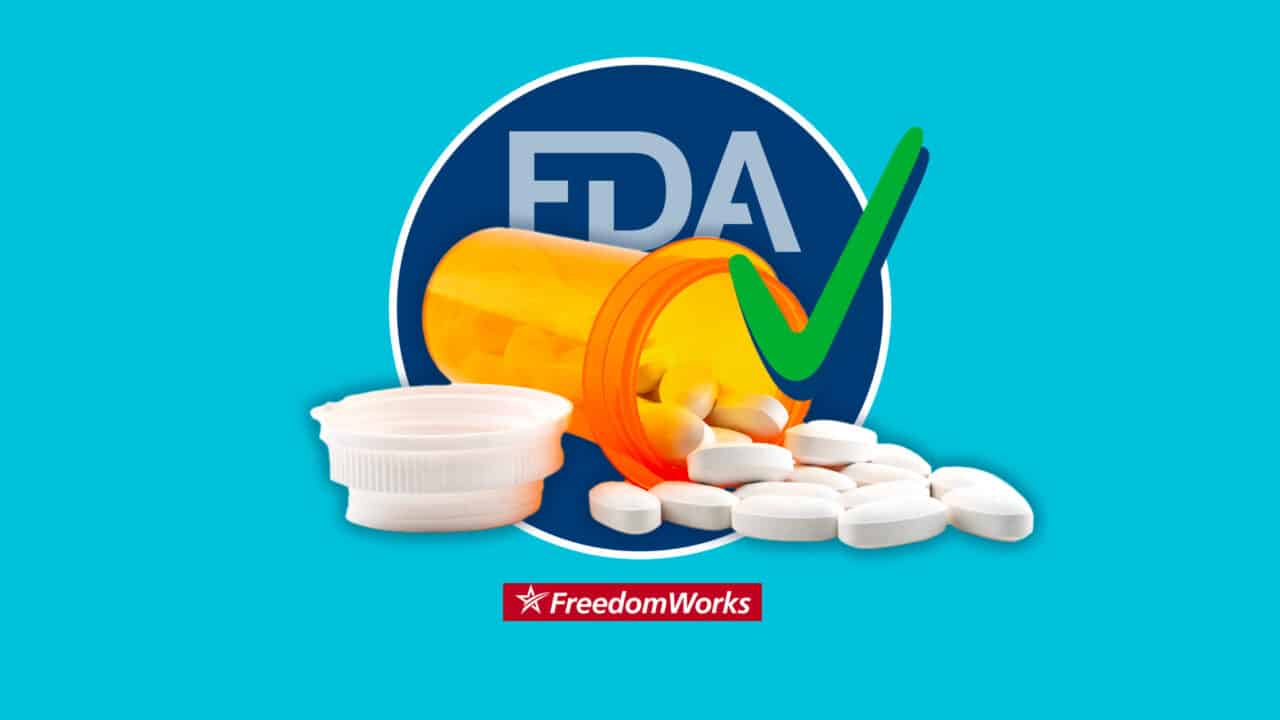The Promising Pathway Act: Giving Terminally Ill Patients a Chance To Live

While significant progress was made years ago in passing Right to Try, unfortunately, there is still much that must be done to give terminally ill patients the opportunity to use life-saving drugs.
The bipartisan Promising Pathway Act (PPA) H.R. 3761/ S. 1644, introduced by Reps. Mike Gallagher (R-Wis.) and Mike Quigley (D-Ill.), and Sen. Mike Braun (R-Ind.), gives terminally ill patients access to life-saving drugs in a safe and effective way. Drugs are eligible for provisional approval by the FDA only if they are intended for treatment, prevention, or medical diagnosis of a serious or life-threatening disease or condition in which there is a reasonable likelihood of death without early medical intervention, for a disease that poses a threat of epidemic or pandemic, or for a disease associated with a morbidity that substantially affects day-to-day functioning.
Today, the FDA utilizes a three-phase clinical trial process before prescription drugs enter the market for a patient to use under a New Drug Application or Biologics License Application approval. This process on average takes between 10 and 12 years, if not longer. The first two phases establish and confirm safety and establish a considerable amount of data; that data is usually enough to predict successful confirmatory trials. At Phase III, there are further tests that test the effectiveness of the drug, but they are often time consuming, expensive, and can cost millions, if not billions, of dollars. As a result, some companies go bankrupt, and the drug never becomes available if the FDA determines the drug does not meet its standards.
The PPA expedites this process to get life-saving drugs into the hands of terminally ill patients but does so in a way that does not sacrifice safety or efficacy. It requires the FDA to establish a real-time priority review pathway to evaluate provisional approval applications for drugs for terminally ill patients in the situations listed above. Pharmaceutical companies can then petition the FDA for a short-term provisional approval if the drug has cleared early-stage clinical trials. The FDA then has 90 days to grant provisional approval to drugs that demonstrate substantial evidence of safety and relevant early evidence of positive therapeutic outcomes. It is also required to evaluate provisional approval applications related to epidemics or pandemics (like COVID-19) within three weeks of submission.
Under the PPA, instead of a drug taking possibly a decade before it becomes available, it would only take several months. Once it becomes available, the pharmaceutical company can sell the drug at a market-acceptable rate and compete with larger pharmaceutical companies to lower the cost. The FDA’s provisional approval is limited to a two-year time frame, and can be renewed every two years, for up to six years.
The legislation also requires the drug’s sponsor to require all patients that use it to participate in an observational registry and consent to the collection of, and submission of, data related to the patient’s use of the drug until the drug receives full approval. These registries can be run by third parties such as government, for-profit, or nonprofit entities, but they must be readily accessible to all patients, approved researchers, and medical professionals so they can access important data. The registry also tracks the effects of the drug, how patients use the drug, and other adverse side-effects that patients might experience. Finally, the drug’s sponsor can apply to the FDA for full approval at any time once it’s on the pathway, and the FDA can withdraw provisional approval if there are a significant number of adverse effects reported.
Without exaggeration, this legislation has the potential to save thousands, if not hundreds of thousands, of lives every year. Congress should not wait another moment while terminally ill patients are denied access to safe and effective life-saving drugs.
Adam Brandon is the president of FreedomWorks. Tarren Bragdon is the President and CEO of Foundation for Government Accountability.
Related Content
FreedomWorks Letter to Congress in Support of the Fiscal Commision Act (H.R. 5779)
FreedomWorks Letter to Congress in Support of Fiscal Commision Act (H.R. 5779)




